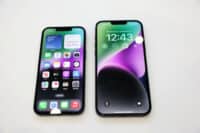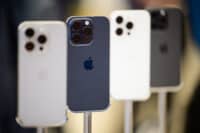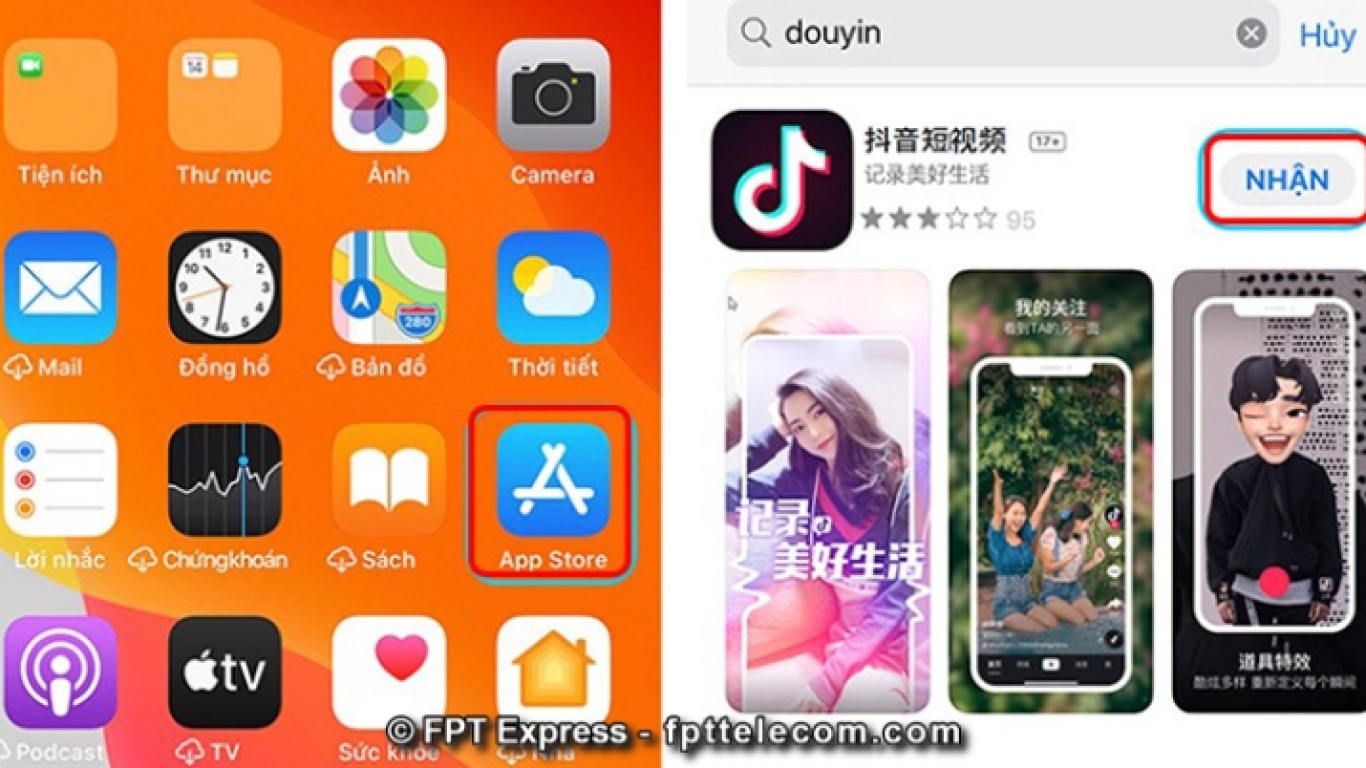 Google (NASDAQ: GOOG) released its open source operating system in September 2008. It is too bad Google’s patent counsel did not look more carefully at whether the software violated patents and the copyrights of other companies. It probably will cost Google hundreds of millions of dollars. It already has cost firms that use the software extraordinary sums. Google’s carelessness will be remembered as one of the great legal blunders of the current generation of tech.
Google (NASDAQ: GOOG) released its open source operating system in September 2008. It is too bad Google’s patent counsel did not look more carefully at whether the software violated patents and the copyrights of other companies. It probably will cost Google hundreds of millions of dollars. It already has cost firms that use the software extraordinary sums. Google’s carelessness will be remembered as one of the great legal blunders of the current generation of tech.
The Open Handset Alliance included a number of companies, led by Intel (NASDAQ: INTC), Nvidia (NASDAQ: NVDA), Qualcomm (NASDAQ: QCOM) and Sprint Nextel (NYSE: S), and Samsung was a supporter of the alliance. Its members almost certainly were tired of paying royalties for operating systems like Symbian, and possibly what has become the Apple (NASDAQ: AAPL) iOS. The earliest project of the Open Handset Alliance was the Android Open Source Project. When it was released, the group’s proponents said, “The goal of the Android Open Source Project is to create a successful real-world product that improves the mobile experience for end users.”
One of the earliest, and most successful to date, challenges to Android’s intellectual property came from Microsoft (NASDAQ: MSFT). This was ironic because Microsoft had no success with adoption of its own Windows Mobile software. Microsoft was able to get license fees from Samsung and HTC, two of the largest handset makers. A Goldman Sachs (NYSE: GS) report predicted that Microsoft could collect over $400 million on these patents a year. And Microsoft may still challenge the use of Android by several other smartphone firms.
Google’s rights to some portions of the Android OS have also been challenged by Oracle (NASDAQ: ORCL). Oracle claims parts of the open operating system violate its patents and copyrights, which are part of its ownership of Java. Oracle wants $1 billion as part of the action, and it also may get a license fee per any device that uses Android.
Android has been an extraordinary success, except on the legal front. Research firm IDC expects that almost 40% of new smartphones made worldwide will be powered by Android this year. IDC reports that Apple’s iOS will be only half of that, even with the stunning success of the iPhone.
The argument could be made that Android was rushed to market as Google tried to challenge other mobile systems. Google wanted a wedge to move its search products from PCs to handsets. Open source Android seemed the perfect vehicle. Google bought Android in 2005. Three years later, the software was deployed.
There were a enough PC and mobile systems introduced before Android that it was fair to predict that Android would not be without legal challenges. The IP attorneys at Google must have believed that Google could weather patent lawsuits, because the claims of previous patents would be small and easy to defend. It turned out that they were wrong. And that mistake becomes more costly by the day.
Douglas A. McIntyre
Get Ready To Retire (Sponsored)
Start by taking a quick retirement quiz from SmartAsset that will match you with up to 3 financial advisors that serve your area and beyond in 5 minutes, or less.
Each advisor has been vetted by SmartAsset and is held to a fiduciary standard to act in your best interests.
Here’s how it works:
1. Answer SmartAsset advisor match quiz
2. Review your pre-screened matches at your leisure. Check out the advisors’ profiles.
3. Speak with advisors at no cost to you. Have an introductory call on the phone or introduction in person and choose whom to work with in the future
Thank you for reading! Have some feedback for us?
Contact the 24/7 Wall St. editorial team.




